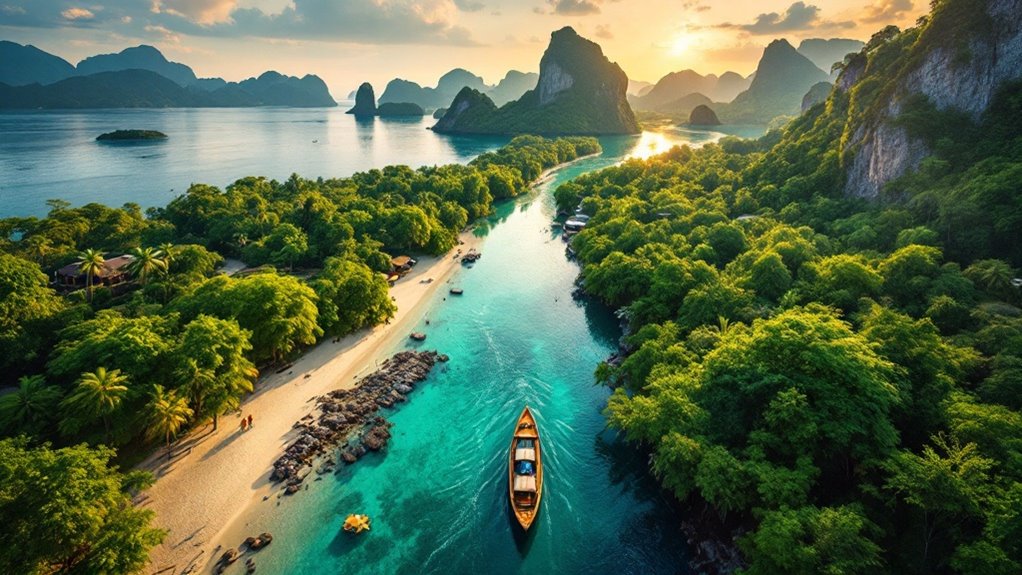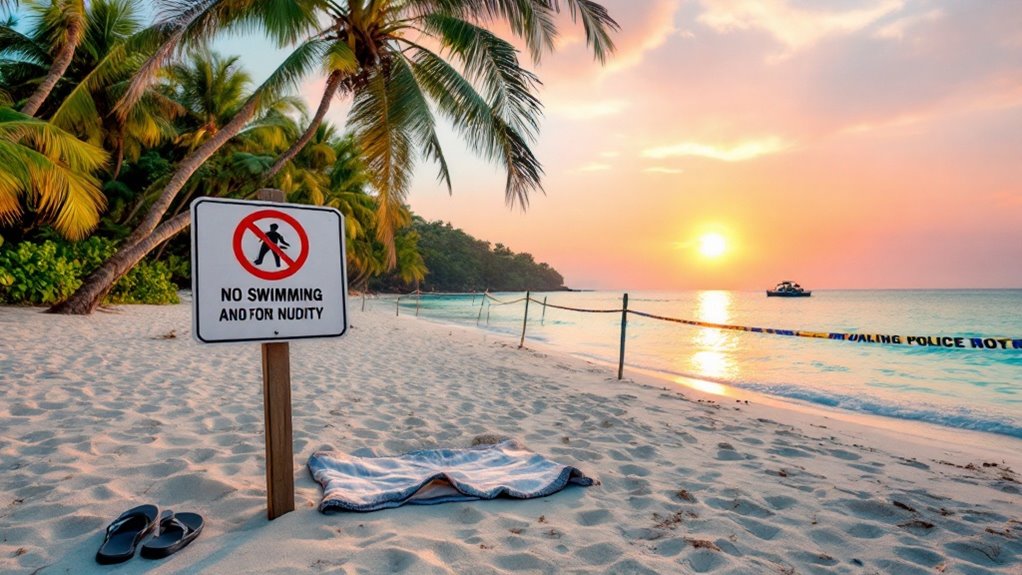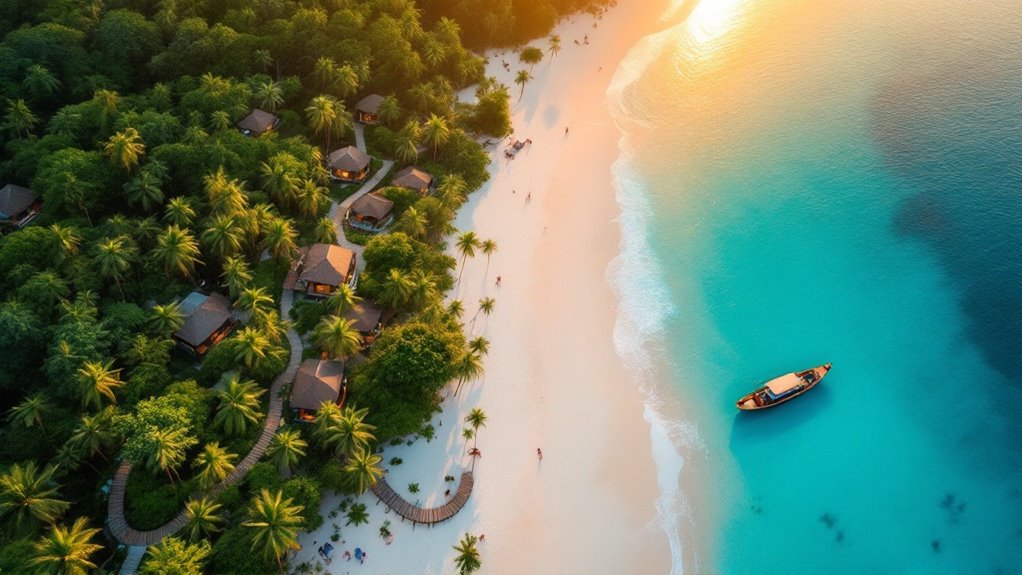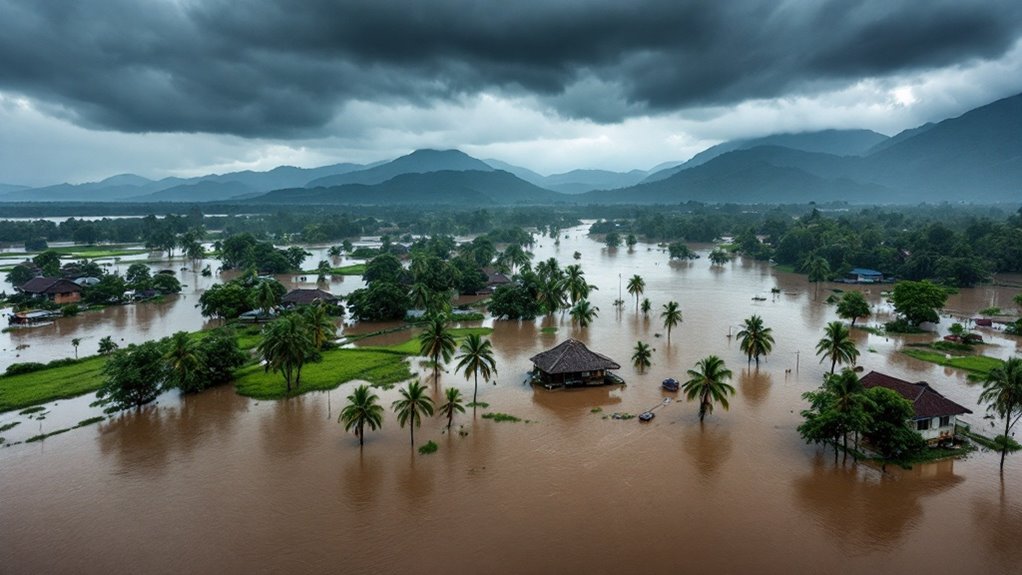Langkawi’s ambitious shift toward eco-tourism, reinforced by its UNESCO Global Geopark status, is set to shape Malaysia’s tourism strategy leading up to Visit Malaysia Year 2026. Serving as a flagship destination, Langkawi is integrating green infrastructure, community-based initiatives, and sustainability certifications to meet regional standards and attract eco-conscious travelers. The island’s model focuses on low-impact tourism, increased cross-sector collaboration, and heightened biodiversity conservation, all of which signal substantial changes for Malaysia’s travel industry. Details on implementation and outcomes follow.
As Malaysia prepares to assume the ASEAN Chairmanship in 2025 under the theme of “Inclusivity and Sustainability,” Langkawi is being positioned as a flagship destination for the nation’s eco-tourism ambitions. The island’s selection aligns with Malaysia’s strategy to demonstrate tangible progress on sustainability, leveraging its role as host of the ASEAN Tourism Forum 2025 to highlight innovative, cross-border approaches to eco-tourism standards in Southeast Asia.
This synergy is further amplified by the upcoming Visit Malaysia Year 2026 (VMY2026), which carries the theme “Sustainable and Culturally Rich Destination,” reinforcing the government’s intention to synchronize national tourism branding with broader regional and global trends. As part of ASEAN’s efforts to enhance intra-ASEAN trade and investments, Langkawi’s eco-tourism model is also being developed as a catalyst for regional partnerships and economic integration.
Central to Langkawi’s sustainable tourism branding is its UNESCO Global Geopark status, which spotlights the island’s geological heritage and biodiversity conservation measures. This designation serves as both an international endorsement and a framework for developing low-impact tourism products.
Langkawi’s UNESCO Global Geopark status anchors its eco-tourism identity, championing geological heritage and innovative, conservation-driven tourism experiences.
The island’s ecological assets—mangroves, ancient rainforests, and endemic species—are integral to conservation tours and nature-based experiences, attracting eco-conscious travelers while preserving natural habitats. UNESCO recognition continues to drive visibility and credibility for Langkawi on the world tourism stage. Langkawi’s world-class tourism destination status makes it a key focal point for energizing national tourism initiatives and drawing international attention.
Preparations for VMY2026 have included high-level stakeholder sessions in Langkawi, focusing on operational planning and enhancing public-private partnerships for eco-tourism. The Kedah state government is prioritizing investments in green infrastructure, and existing tourism products are being rebranded through a sustainability lens.
The “Tourism+” model integrates culture, gastronomy, and adventure, broadening the appeal and ensuring that local communities benefit through cultural exchanges and economic empowerment.
Product development efforts are concentrated on expanding eco-lodges, promoting adventure tourism with minimal environmental impact, and establishing certification programs for sustainable operators.
Cross-sectoral collaborations extend to airlines, hotels, and local artisans, encouraging sustainability certifications and the use of digital visitor management tools. Community-based tourism initiatives empower residents, while conservation programs focus on coastal and marine ecosystems.
Langkawi’s strategic positioning targets global demand for immersive, responsible travel, establishing the island as a model for balancing tourism growth, conservation, and community benefit, with scalable frameworks for other ASEAN destinations.









